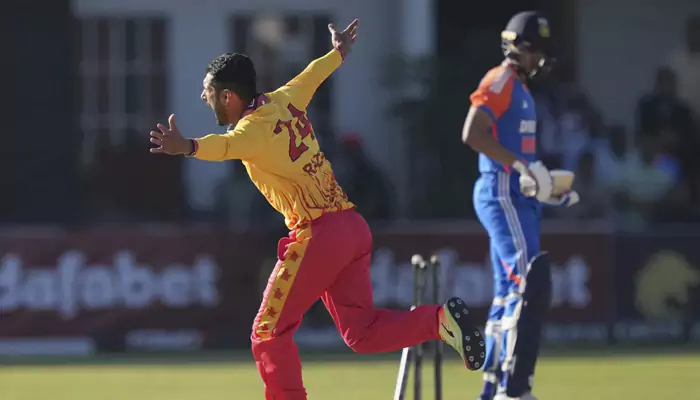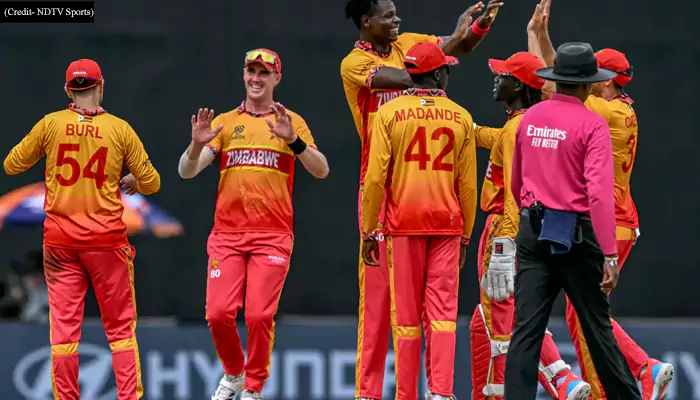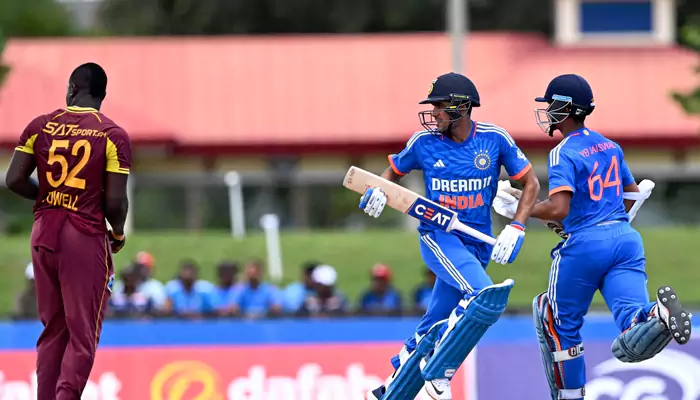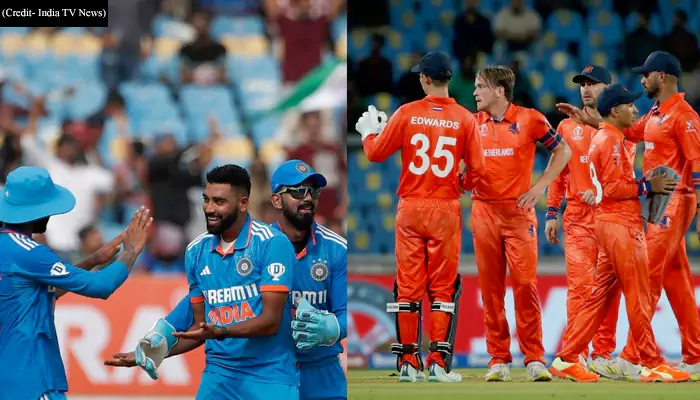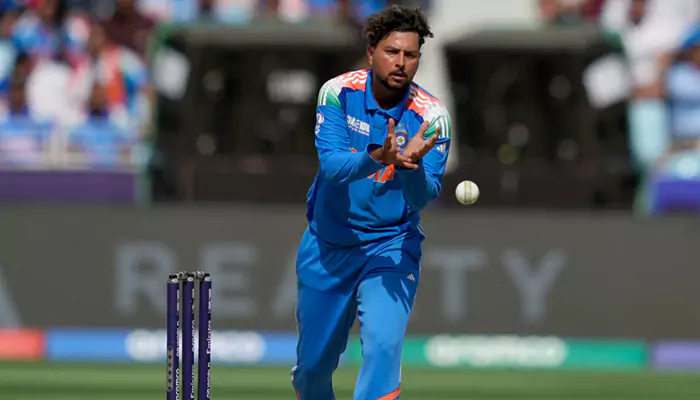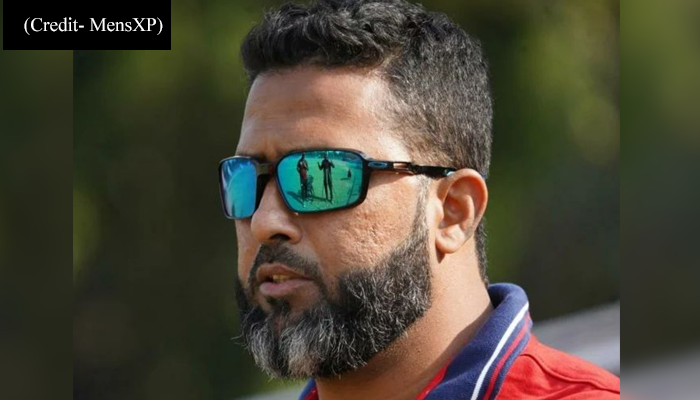
This article explores the various advantages of multi-sport participation for youth athletes.
In recent years, there has been a growing trend toward sports specialization among young athletes. Parents and coaches often encourage children to focus on a single sport in hopes of developing elite skills that might lead to scholarships or professional opportunities. However, playing multiple sports can offer a range of benefits that contribute to the overall development and well-being of young athletes.
Improved Overall Athleticism
Engaging in multiple sports helps young athletes develop a broad range of physical skills. Different sports emphasize different aspects of physical fitness, such as endurance, strength, agility, and coordination. For example, soccer enhances cardiovascular endurance, basketball improves agility and hand-eye coordination, while swimming builds overall muscle strength. By participating in various sports, youth athletes can become more well-rounded and versatile in their athletic abilities.
Injury Prevention
Sports specialization often leads to repetitive stress injuries due to overuse of specific muscle groups and joints. Playing multiple sports reduces the risk of these injuries by promoting varied movement patterns and giving certain body parts time to recover. This variation helps to prevent burnout and keeps young athletes healthier in the long run.
Psychological Benefits
Reduced Burnout
Focusing on a single sport year-round can lead to burnout, which is characterized by physical and emotional exhaustion. Playing multiple sports keeps the experience fresh and enjoyable, preventing feelings of monotony and pressure. This variety can sustain a child's passion for sports and encourage a lifelong love of physical activity.
Enhanced Mental Toughness
Participating in different sports exposes young athletes to a variety of challenges and competitive environments. This diversity helps build resilience and adaptability, key components of mental toughness. Athletes learn to handle different pressures, cope with success and failure, and develop a growth mindset that is beneficial both on and off the field.
Social Benefits
Diverse Social Networks
Playing multiple sports allows young athletes to interact with a broader range of peers and mentors. They can build friendships and learn teamwork in different settings, which can improve their social skills and sense of community. This diversity also helps athletes develop communication skills and understand the value of working with different types of people.
Increased Opportunities for Fun
Variety is the spice of life, and the same holds true for youth sports. Playing multiple sports keeps the experience fun and exciting. Each sport offers unique challenges and rewards, which can enhance a child's enjoyment and keep them engaged in physical activity.
Long-Term Athletic Development
Holistic Skill Development
Multi-sport participation contributes to the development of a well-rounded athlete. Skills acquired in one sport can often transfer to others, enhancing overall athletic performance. For instance, the hand-eye coordination developed in baseball can benefit a basketball player, while the balance and agility gained in gymnastics can improve a soccer player's performance. This holistic development can create more versatile and capable athletes.
Better Talent Identification
Exposing children to a variety of sports can help them discover their true interests and talents. Sometimes, a child's natural aptitude for a particular sport may only become evident after trying several different activities. Multi-sport participation provides a broader base for talent identification, allowing athletes to find the sports in which they can excel and enjoy the most.
While sports specialization has its place, the benefits of playing multiple sports for youth athletes are substantial. From physical and psychological well-being to social connections and long-term athletic development, multi-sport participation offers a holistic approach to developing young athletes. Encouraging children to engage in various sports can lead to healthier, happier, and more well-rounded individuals who enjoy a lifelong love of physical activity. For parents, coaches, and the athletes themselves, embracing a multi-sport approach can be the key to unlocking a child's full potential in sports and beyond.


